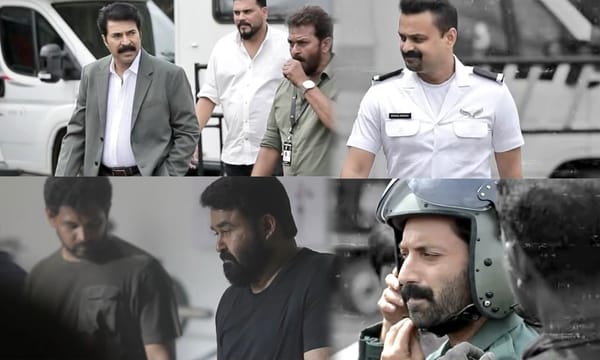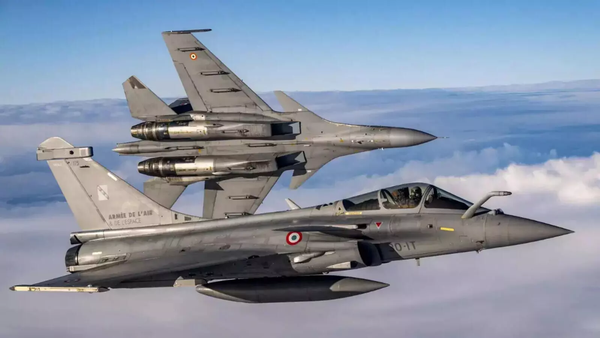ISRO to test Reusable Launch Vehicle in 2016
ISRO Chairman A.S. Kiran Kumar said that, the space agency will be testing new frontiers and will have a technology demonstration of the much-anticipated reusable launch vehicle (RLV) in October, which will help reduce the cost of access to space in the long run.

ISRO Chairman A.S. Kiran Kumar said that, the space agency will be testing new frontiers and will have a technology demonstration of the much-anticipated reusable launch vehicle (RLV) in October, which will help reduce the cost of access to space in the long run.
He said here on Monday that the project was still in the experimental stage and the demonstration vehicle will have a range of 100 km, though eventually it will be like a space shuttle. The ISRO uses multi-stage rockets for satellite launch, but the reusable vehicle will be a single-stage rocket to start with. The single-stage rocket will have a solid propellant stored in casing. For a reusable vehicle, the casings have to be re-used or rebuilt and its evolution will hinge on cost benefits, said the ISRO chairman.
“We still have a long way to go and have taken baby steps in this direction,” said Mr. Kumar.
He was delivering the golden jubilee endowment lecture of the JSS Mahavidyapeetha on ‘Space technology and societal applications’.
Elaborating on the use of space technology for civilian applications, Mr. Kumar said that ISRO, with civil aviation authorities, had developed a Geo Augmented Navigation System under the Indian Regional Navigation Satellite System (INRSS), which will help civilian aircraft to make en-route planning and enhance safety.
The IRNSS will comprise a constellation of seven satellites for providing positioning, navigation and timing services over India region, with coverage of 1,500 km beyond Indian territory. Other countries too have embarked on such a mission and at present, four satellites are in orbit and the full constellation will be in place in 2016, said Mr. Kumar.
The geo-tagging of 1.5 lakh post offices in the country will be completed by 2016 under the post office inventory project. Under the project, data of the post offices will be available on a mobile app showing the nearest facility and distance to it.




